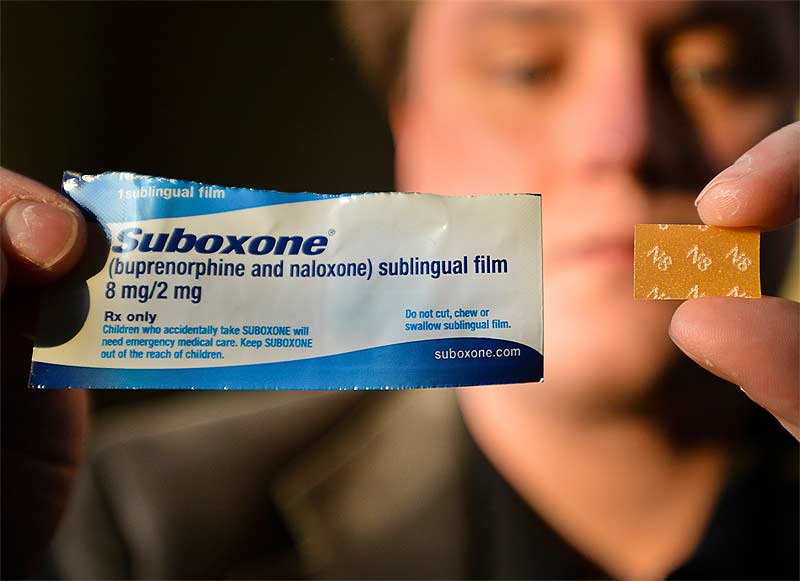Mike Turner: Drug would help break stranglehold fentanyl has on Ohioans
Congressman Mike Turner represents the 10th district of Ohio where he previously served as mayor of Dayton for eight years.
The overdose crisis in the United States has touched every state, city, and community, and has been deeply felt in Ohio.
In 2020, our state had the fourth-highest overdose death rate in the country, and we lost more than 5,000 Ohioans to overdose — a 25% increase over the previous year. More than 80% of those deaths involved fentanyl and nearly half of these overdose deaths had at least one potential for treatment intervention.
Doctors: Assume all illegal drugs are laced with fentanyl, other poisonous substances
As the former mayor of Dayton, and now as a member of the U.S. House of Representatives, I am acutely aware of the way the overdose crisis and fentanyl have disrupted the daily lives and future plans of so many.
Dayton Mom to DeWine: I stood there, cried and believed you. You've let us down on guns.
This guest column is available free: Support the exchange of local and state ideas by subscribing to the Columbus Dispatch.
Across Ohio, family dinners are missing a member, workplaces have lost colleagues and, despite our best efforts to protect our children, teenagers are mourning the death of classmates at the hands of fentanyl.
We need an all-hands-on-deck approach to combatting the fentanyl crisis, and one important piece of that is making sure that treatment is readily available and accessible in Ohio and throughout the country.

One treatment that is largely untapped is buprenorphine — a safe and effective FDA-approved medication that curbs cravings. My legislation, the Mainstreaming Addiction Treatment (MAT) Act, would increase availability of this lifesaving medicine.
Decades-old federal regulations that prevent health care providers from prescribing buprenorphine have caused it to go underused.
To prescribe the medication, providers must first receive an “x-waiver” by taking an 8-to-24-hour training, time that would be better spent providing treatment to patients, especially when health care providers are in such short supply.
Even after taking the training, providers are limited to treating up to 30 patients for the first year. This has an outsized effect on states like Ohio, where 73% of counties have low-to-no capacity to treat patients, according to the U.S. Department of Health and Human Services.
The MAT Act would eliminate the need for the x-waiver and remove the cap on prescribing buprenorphine.
The MAT Act is a bipartisan bill that has strong support on both sides of the aisle.
Coroner Anahi Ortiz: A 'deadly problem persists.' Overdose driving hundreds to early grave
Another View: Drug could help end the opioid crisis

Since I introduced the bill with my colleague, Rep. Paul Tonko of New York, the bill amassed nearly 250 co-sponsors in the House.
The bill has support outside of Congress as well — it was endorsed by both Jim Carroll, the former director of the Office of National Drug Control Policy (ONDCP) under President Trump, and Regina LaBelle, the former acting director of ONDCP under President Biden.
The MAT Act passed the House in June as part of a comprehensive mental health and addiction-focused package with near-unanimous support and now awaits action by the Senate, where it has 14 cosponsors split between Republicans and Democrats evenly. I strongly urge the Senate to prioritize passing the MAT Act before the end of the year.
Let us attack addiction with all medically safe and readily available treatments we can to break its stranglehold on our children and communities.
Congressman Mike Turner represents the 10th district of Ohio where he previously served as mayor of Dayton for eight years. Turner currently serves as the ranking member of the House Permanent Select Committee on Intelligence and as a senior member of the House Armed Services Committee.
This article originally appeared on The Columbus Dispatch: What is the MAT Act and how would it help fight fentanyl: Mike Turner

